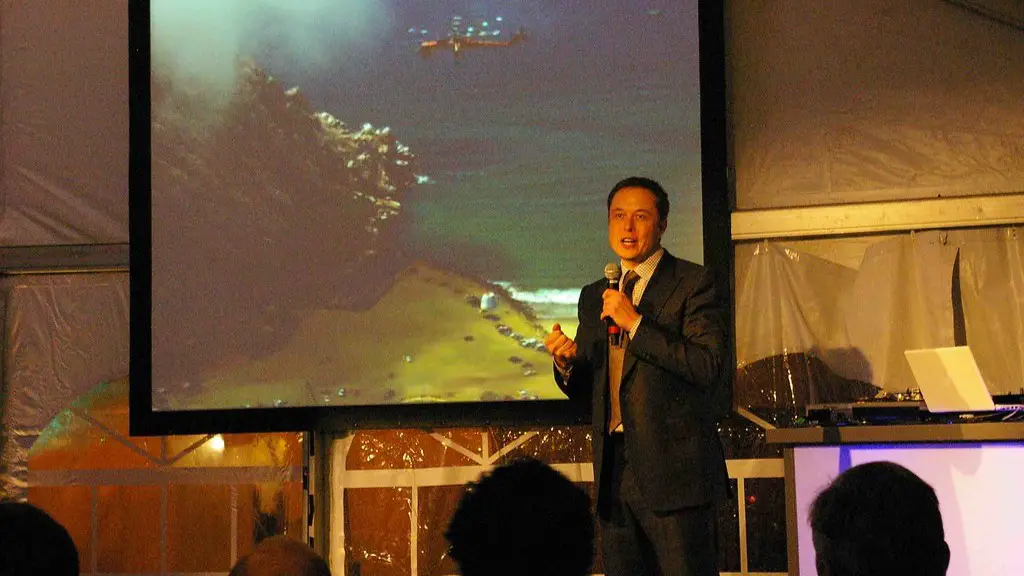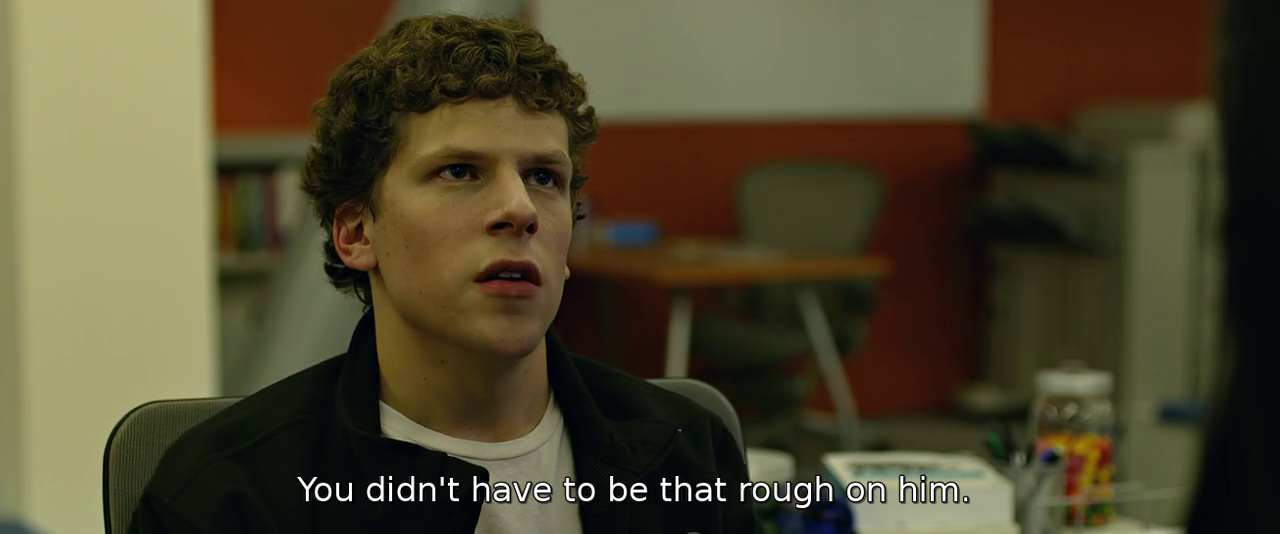Mark Zuckerberg and Eduardo Saverin, two of the founding members of Facebook, have a relationship that has been both celebrated and scrutinized over the years. Their story began as a friendship rooted in shared ambitions but eventually evolved into a complex dynamic influenced by business decisions and personal differences. This article will explore their relationship, delving into the events that shaped their bond and its current state.
The rise of Facebook from a dorm room project to a global phenomenon is a tale that has captivated audiences worldwide. At the heart of this story are Mark Zuckerberg and Eduardo Saverin, whose partnership played a pivotal role in the early days of the social media giant. However, their relationship is not without controversy, as highlighted by the widely acclaimed movie "The Social Network."
Understanding the nature of their friendship—or lack thereof—is essential for anyone interested in the history of Facebook and the dynamics of entrepreneurship. This article will provide a detailed analysis, supported by credible sources, to help you form an informed opinion on whether Mark Zuckerberg and Eduardo Saverin are still friends.
Read also:All Movies Hubin Your Ultimate Destination For Movie Downloads
Table of Contents
- Biography: Mark Zuckerberg and Eduardo Saverin
- The Early Relationship
- Origins of Facebook
- The Fallout: What Went Wrong
- Legal Battles and Settlements
- Life After Facebook
- The Current Status of Their Friendship
- Public Statements and Media Coverage
- Analysis: Are They Friends?
- Conclusion and Final Thoughts
Biography: Mark Zuckerberg and Eduardo Saverin
Mark Zuckerberg's Background
Mark Elliot Zuckerberg, born on May 14, 1984, in White Plains, New York, is the co-founder and CEO of Meta Platforms, formerly known as Facebook. He attended Harvard University, where he developed the idea for Facebook in 2004. Zuckerberg's vision and leadership have made him one of the most influential figures in the tech industry.
Eduardo Saverin's Background
Eduardo Saverin, born on October 8, 1982, in São Paulo, Brazil, is a co-founder of Facebook and a prominent entrepreneur. He provided the initial funding for the platform and played a crucial role in its early development. After leaving Facebook, Saverin became a successful investor and businessman.
| Name | Mark Zuckerberg | Eduardo Saverin |
|---|---|---|
| Birthdate | May 14, 1984 | October 8, 1982 |
| Birthplace | White Plains, New York, USA | São Paulo, Brazil |
| Education | Harvard University (Dropped Out) | Harvard University (Graduated) |
| Role in Facebook | Co-founder, CEO | Co-founder, Initial Investor |
The Early Relationship
Mark Zuckerberg and Eduardo Saverin first met at Harvard University, where they quickly formed a close friendship. Their shared interest in technology and entrepreneurship laid the foundation for their collaboration on Facebook. In the early days, Saverin provided the financial backing while Zuckerberg focused on the technical aspects of the platform.
During this period, their friendship was characterized by mutual respect and a shared vision for the future of social networking. They worked tirelessly together, often spending long hours in their dorm room developing the platform that would eventually change the world.
Origins of Facebook
Facebook began as a simple project called "Thefacebook," created by Mark Zuckerberg and Eduardo Saverin in 2004. The platform quickly gained popularity among Harvard students, prompting the duo to expand its reach to other universities. Saverin's initial investment of $1,000 was instrumental in getting the project off the ground.
Key Milestones
- February 2004: Facebook launches at Harvard University.
- June 2004: Facebook relocates to Palo Alto, California.
- September 2006: Facebook opens its registration to users outside college networks.
The Fallout: What Went Wrong
As Facebook grew in popularity and valuation, tensions between Mark Zuckerberg and Eduardo Saverin began to surface. Saverin's share in the company was significantly diluted due to a series of financial maneuvers, leading to a bitter dispute between the two co-founders.
Read also:Bollyflixwin Bollywood Your Ultimate Guide To Streaming Indian Cinema
Their falling out was dramatized in the 2010 film "The Social Network," which portrayed Saverin as the betrayed friend and Zuckerberg as the calculating entrepreneur. While the movie took creative liberties, it highlighted the real issues that arose during Facebook's early years.
Legal Battles and Settlements
Eduardo Saverin filed a lawsuit against Facebook in 2005, alleging that he was unfairly removed from the company. The case was eventually settled out of court, with Saverin retaining a small percentage of Facebook's shares. Despite the settlement, the legal battle left a lasting impact on their relationship.
Settlement Details
- Saverin received approximately 5% of Facebook's shares.
- The settlement included a confidentiality agreement, preventing both parties from discussing the details publicly.
Life After Facebook
Eduardo Saverin's Journey
After leaving Facebook, Eduardo Saverin became a successful investor and entrepreneur. He relocated to Singapore, where he founded B Capital Group, a venture capital firm focused on technology startups. Saverin's post-Facebook career has been marked by significant achievements, including being named one of Forbes' "World's Most Powerful People."
Mark Zuckerberg's Leadership
Mark Zuckerberg continued to lead Facebook, guiding it through rapid expansion and innovation. Under his leadership, the company acquired Instagram and WhatsApp, further solidifying its position as a global tech giant. Zuckerberg's influence extends beyond Facebook, as he advocates for issues such as internet accessibility and artificial intelligence.
The Current Status of Their Friendship
The current status of Mark Zuckerberg and Eduardo Saverin's friendship remains unclear. While they have not publicly reconciled, both men have expressed admiration for each other's achievements in interviews and public statements. It is possible that their relationship has evolved into a professional respect rather than a personal friendship.
Public Statements and Media Coverage
Over the years, both Mark Zuckerberg and Eduardo Saverin have made public statements about their relationship. In a 2010 interview, Zuckerberg acknowledged the challenges of their partnership but emphasized the importance of moving forward. Similarly, Saverin has spoken positively about Facebook's success, even as he distanced himself from the company.
Media Perspective
The media has extensively covered the relationship between Zuckerberg and Saverin, often portraying it as a cautionary tale about the perils of entrepreneurship. However, it is important to remember that the full story is more nuanced than what is depicted in movies or headlines.
Analysis: Are They Friends?
Based on available information, it is difficult to definitively say whether Mark Zuckerberg and Eduardo Saverin are friends. Their relationship has undoubtedly evolved since the early days of Facebook, shaped by both personal and professional factors. While they may not share the same level of closeness as before, their mutual respect and acknowledgment of each other's contributions suggest a level of understanding.
Conclusion and Final Thoughts
In conclusion, the relationship between Mark Zuckerberg and Eduardo Saverin is a fascinating example of how personal dynamics intersect with business interests. While their friendship may have suffered due to the events surrounding Facebook's founding, both men have achieved remarkable success in their respective careers.
We invite you to share your thoughts in the comments section below. Are Mark Zuckerberg and Eduardo Saverin friends in your opinion? Additionally, explore other articles on our website to learn more about the world of technology and entrepreneurship.
References:
- Isaacson, W. (2013). The Innovators: How a Group of Hackers, Geniuses, and Geeks Created the Digital Revolution.
- Mezrich, B. (2010). The Accidental Billionaires: The Founding of Facebook.
- Facebook Annual Reports (2004-2023).


